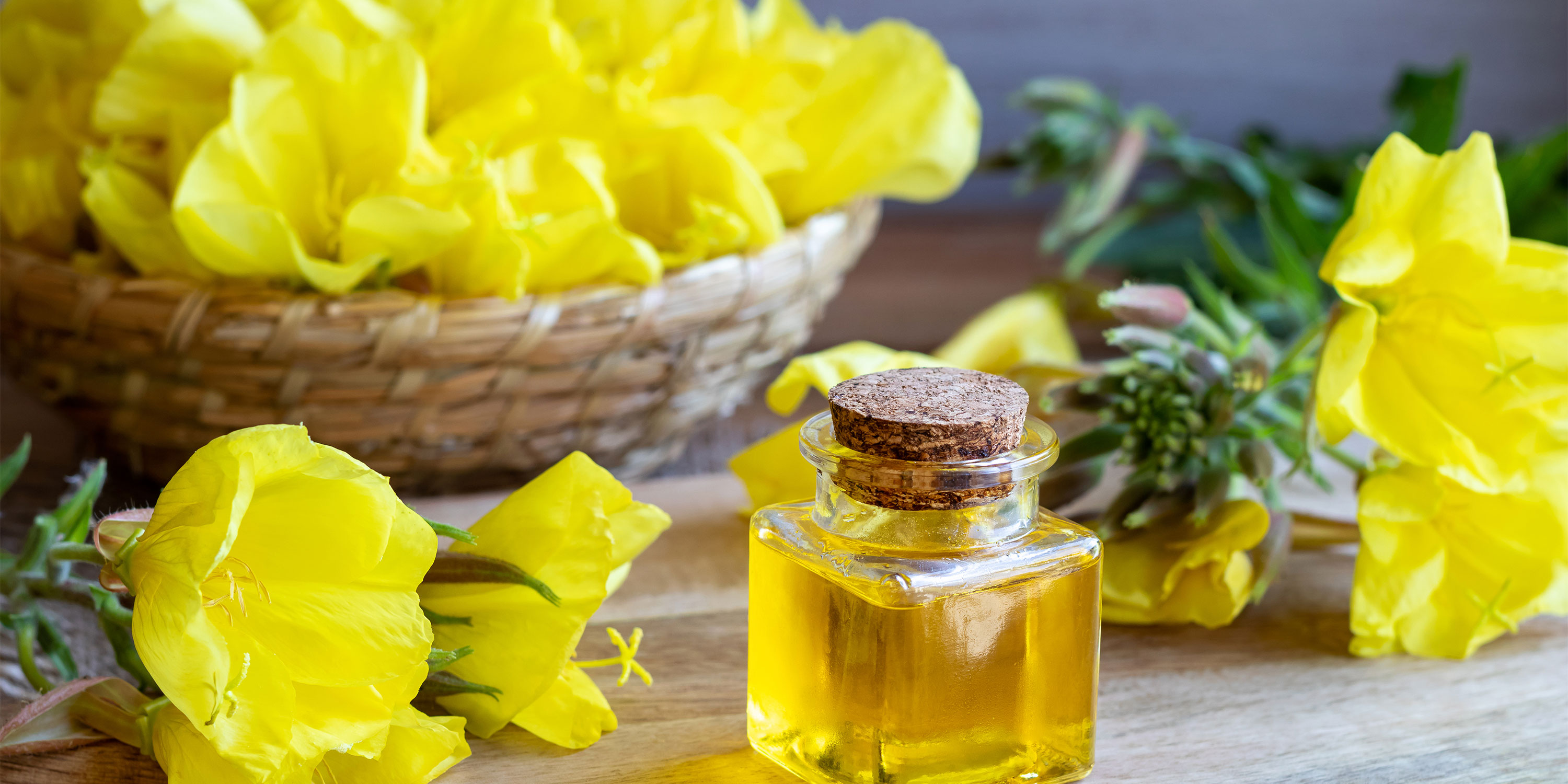Which is the best vegetable oil?
None and all at the same time depending on taste or nutritional or cosmetic need. The list of vegetable oils available today gives an idea of the variety of ecosystems and plant survival mechanisms. To survive winter or to reproduce, plants store nutritional reserves in tubers, bulbs, fruit or seeds.
These latter provide necessary nutrients (carbohydrates, proteins, lipids) to the germination, protection and development of new plants. Their composition varies according to climate, soil or reproductive conditions. Some contain predominantly proteins (leguminous seeds) carbohydrates (starchy seeds) or lipids (oil seeds). Nuts and oil seeds constitute the raw material of oils used by mankind.
Why choose natural vegetable oils?
All vegetable oils are made up of different types of saturated mono-unsaturated fatty acids (omega-9) and polyunsaturated fatty acids like omega-6 (Linoleic Acids) and omega-3 (Alpha-Linoleic Acids).
Polyunsaturated fatty acids, in the form of phospholipids, are among the constituents of cell membranes, to which they add fluidity. This flexibility is essential for communication between cells. In the form of triglycerides, they provide energy to the cells after having been converted into ATP (available energy).
They bring suppleness and tone to the skin and maintain its hydration.
Types of vegetable oil used in cooking
The use of first-press virgin vegetable oils, preferably from organic agriculture, are the best choice for cooking. They are allies for digestion, bringing quality nutrients and fatty acids.
- Sunflower, grapeseed, corn or sesame oils are the richest sources of Linoleic Acid (LA) and omega-6.
- Rapeseed oils, walnut, flax, almond and soya oils, amongst others, provide high levels of Alpha-Linoleic Acid (ALA) or omega-3.
These oils are best used raw from a first press to retain all their nutritional qualities. Some oils that have an elevated smoke point are traditionally used in cooking, such as olive oil, sunflower oil or coconut oil in particular.
Vegetable oils for beautiful skin
Vegetable oils have been used since the dawn of time for their virtues, in cosmetic care, in local application: ointments, macerates, concentrates and combined with essential oils. The list of vegetable oils used in cosmetics is infinite! The absolute classic sweet almond oil reserved for children. Cosmetic oils such as carrot, jojoba, nigella or argan oil, shea butter, apricot kernel oil, macadamia oil, etc. are used alongside nutritional oils such as olive, wheat germ, avocado, hazelnut or walnut oil. Each possesses its own qualities and corresponds to a specific type of skin or a specific skin problem, such as dry skin, dehydrated hair, broken nails, sunburn. Their nourishing and protective qualities are undeniable.
A few drops of oil warmed in a cupped hand is often enough for daily facial skincare. They soothe dry, irritated skin.
Applying oil to irritated scalps or tired hair helps repair and nourish before shampooing. Macadamia vegetable oil is divine for the hair and is widely used in anti-ageing care products.
Pregnant women may safely use virgin vegetable oils from organic agriculture (without chemical treatment) to soften the skin.
What about vegetable glycerin?
Vegetable glycerine moisturises the skin and hair. The champion of integrated products, being easily incorporated into cosmetic preparations (emulsions, shampoos, shower gels). Home cosmetics enthusiasts use it in oily macerates.
Vegetable oils or shea butter?
There's no difference apart from its properties, as shea butter is a solidified vegetable oil. Like coconut oil, it only reaches a liquid state at 34°C. It comes from the fruit of the eponymous tree in tropical Africa. The raw material is extracted from the almonds, ideally by first cold press. It is rich in monounsaturated fatty acids (omega-9). Although it is mainly used on the skin, it is also used in cooking.
Which are the richest cosmetic oils for the skin?
Very ingenious wild flowers from the fields, true allies for beauty, grow in harmony with their environment and get the maximum benefit from it. Three flowers stand out for their cosmetic benefits. Rosehip, borage and evening primrose vegetable oils have a treasure trove of virtues hidden in their seeds! They boast high levels of PUFAs (poly-unsaturated fatty acids), but also minerals, trace elements and vitamins.
Borage and evening primrose oils contain Gamma Linolenic Acids (GLA) from the omega-6 family which act as an intermediary in metabolising polyunsaturated fatty acids. They have nourishing properties and play a major role in hydrating the skin and maintaining its suppleness. On the other hand, omega-6s, which are transformed into prostaglandins by the body, are known for their benefits in cases of premenstrual syndrome.
Borage Oil benefits
The plant loves well-drained soil rich in humus. When flowering, the plant covers the fields with blue star-shaped flowers, which are very popular with bees and which make their honey from them. Its fruits (the tetra-achenes) provide a GLA-rich oil. Borage oil extracted by first cold press helps to maintain the beauty, suppleness and elasticity of the skin in particular dry skin thanks to its high content of omega-6 fatty acids. Furthermore, borage oil is free of pyrrolizidine alkaloids and therefore has no known contraindications.
The benefits of evening primrose oil
The plant which produces the oil is nicknamed “evening primrose” or “Night beauty”. Their brightly coloured flowers (yellow, pink, orange or red) release an exhilarating fragrance when they bloom at dusk. Evening primrose is “a woman's best friend” for those who suffer from irregular cycles and reactive skin. The beneficial effect is obtained by the consumption of 6000 mg of evening primrose oil.
Rosehip Oil benefits
Its seed (arkene) is a star ingredient for cosmetics manufacturers, who harvest its essential fatty acids and carotenoids. Used in anti-ageing products and day creams, rosehip is also known for its hydrating properties.
